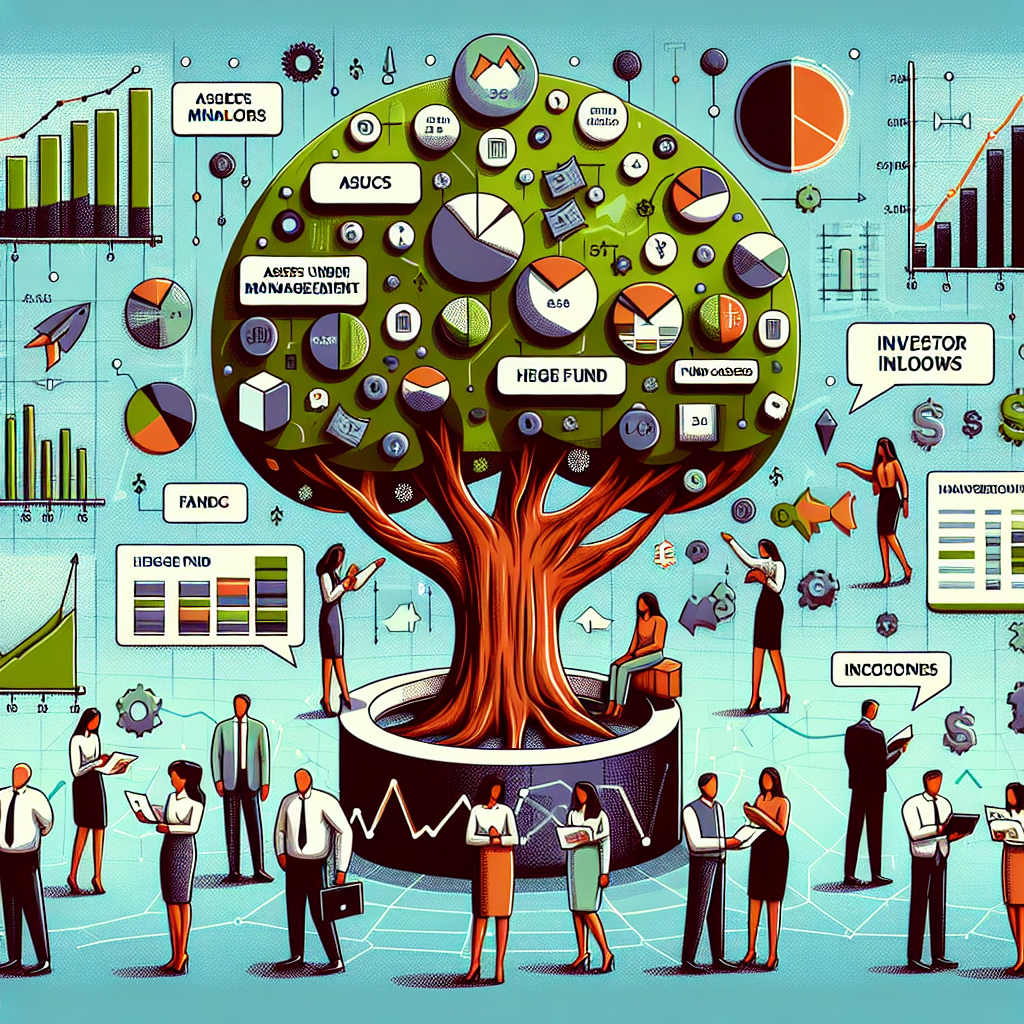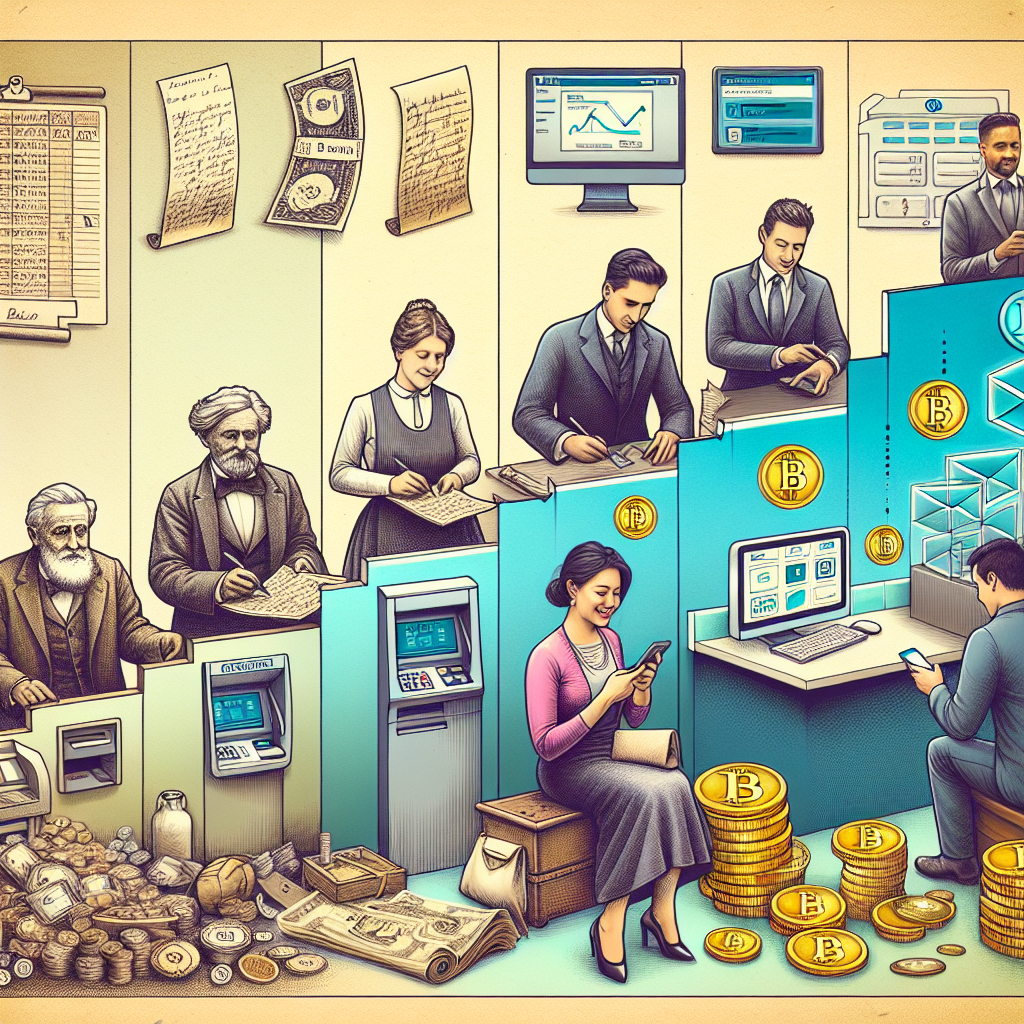The Rise of Digital Currency Adoption
What is Digital Currency?
Digital currency is a form of currency that is only available in digital or electronic form. It does not have a physical counterpart like traditional currencies such as coins or banknotes. Examples of digital currencies include Bitcoin, Ethereum, and Ripple.
Benefits of Digital Currency Adoption
There are several benefits to adopting digital currency:
1. Decentralization
Digital currencies are decentralized, meaning they are not controlled by any government or financial institution. This can provide more financial freedom and security for users.
2. Lower Transaction Fees
Transactions with digital currencies often have lower fees compared to traditional banking systems. This can result in cost savings for individuals and businesses.
3. Faster Transactions
Transactions with digital currencies are processed much faster than traditional banking systems, which can be particularly beneficial for international transactions.
Steps to Adopting Digital Currency
1. Educate Yourself
Before diving into the world of digital currency, it is important to educate yourself on how it works, the different types of digital currencies available, and the risks involved.
2. Choose a Wallet
A digital wallet is necessary to store and manage your digital currency. There are various types of wallets available, including online wallets, hardware wallets, and mobile wallets.
3. Purchase Digital Currency
Once you have a wallet set up, you can purchase digital currency through online exchanges or peer-to-peer platforms. Be sure to research the best platforms for buying digital currency.
4. Start Using Digital Currency
Once you have acquired digital currency, you can start using it for various transactions, such as online purchases, investments, or sending money to friends and family.
Conclusion
As digital currency continues to gain popularity, it is important for individuals and businesses to consider adopting it as a form of payment. The benefits of digital currency adoption, such as decentralization, lower transaction fees, and faster transactions, make it a viable alternative to traditional banking systems.


